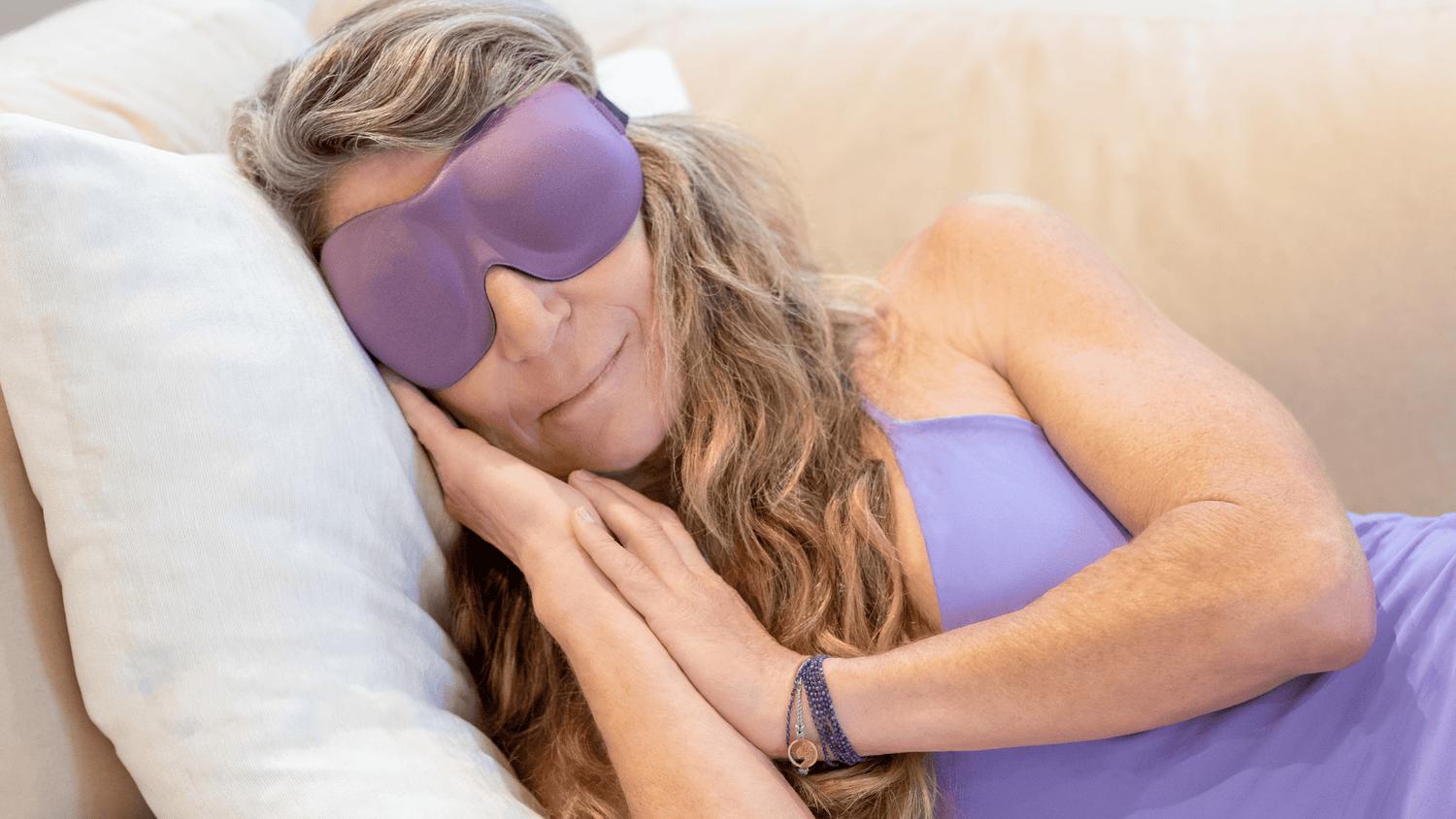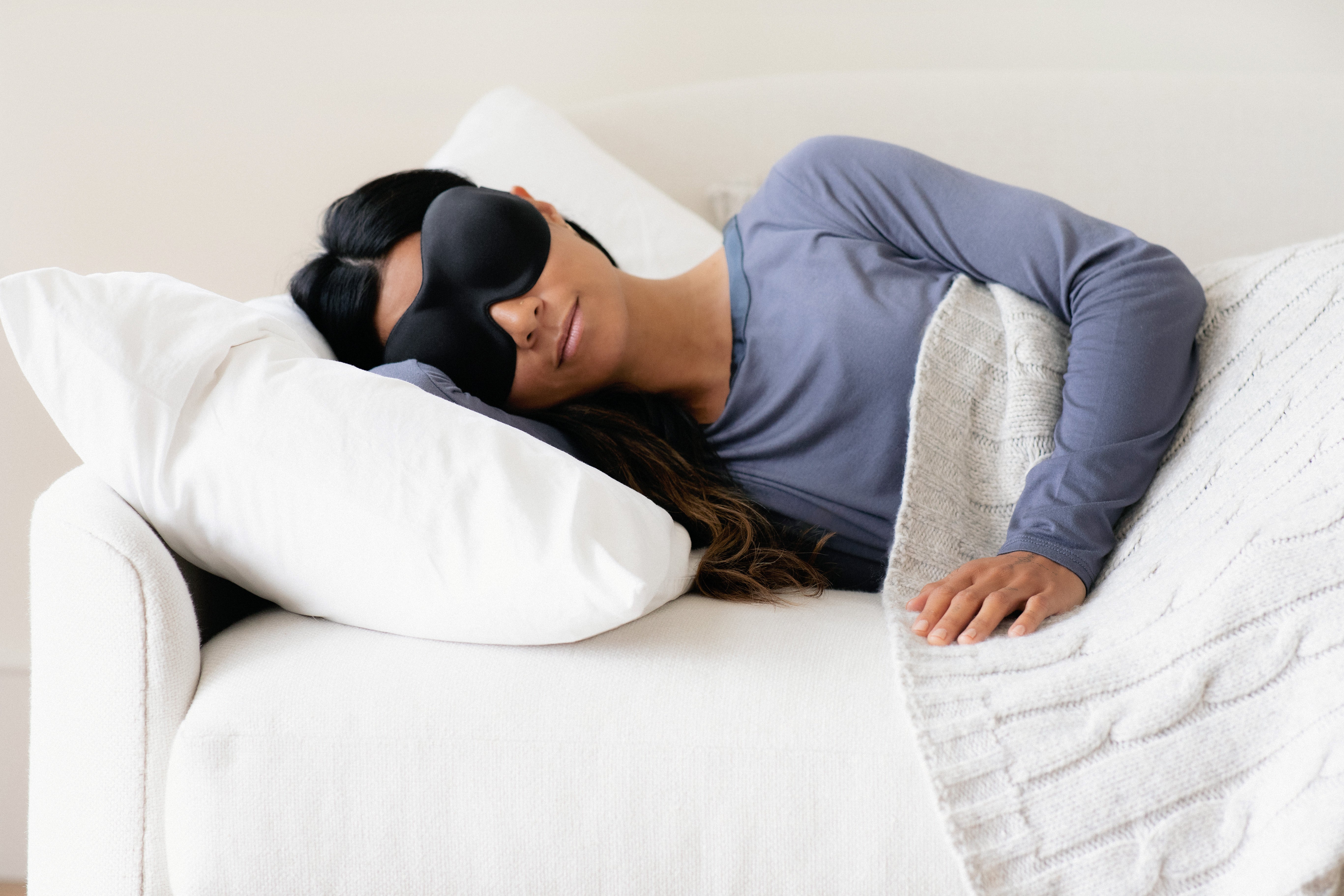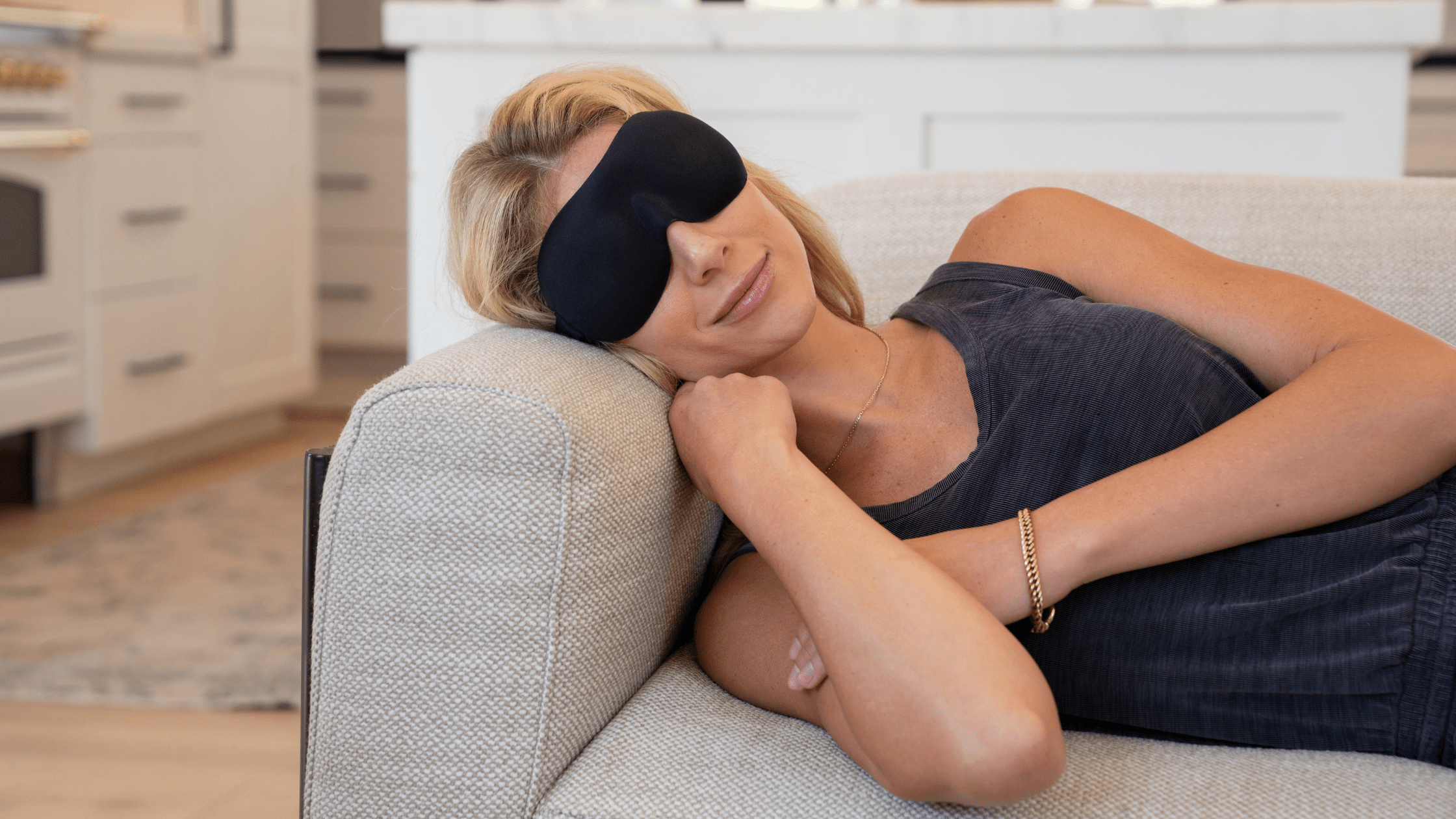Every high-performing professional knows that time is precious, yet few realize that productivity begins long before the workday starts. It begins at night, while you sleep.
If you’ve ever woken up groggy despite getting “enough” hours of rest, the problem may not be how long you slept, but when you woke up. The 90-minute sleep rule provides a straightforward approach to optimizing your sleep cycles, preserving your REM sleep, and regaining your energy, focus, and motivation.
Understanding Sleep Cycles and REM
Sleep isn’t a single, uniform state. It’s a series of repeating 90-minute cycles that move through light sleep, deep sleep, and REM. Each stage plays a unique role in restoring the body and brain.
Deep sleep repairs muscles and tissues, balances hormones, and strengthens immunity. REM (Rapid Eye Movement) sleep, on the other hand, is where your brain processes emotions, consolidates memories, and boosts creative problem-solving. For busy professionals, it’s the invisible foundation of productivity and emotional balance.
Waking up in the middle of a cycle can leave you foggy and disoriented, even if you’ve technically slept eight hours. But when you time your sleep to align with natural 90-minute cycles, say, 7.5 hours instead of 8, you wake up between cycles, refreshed and ready to think clearly.
This is the logic behind the 90-minute sleep rule: go to bed and wake up at intervals of 90 minutes to complete full cycles, instead of focusing on total hours alone.

Why Light Interruption Destroys Productivity
Even if you follow the 90-minute rule perfectly, light exposure can sabotage your sleep quality. Artificial light, from a streetlamp, phone screen, or early sunrise, suppresses melatonin, the hormone that signals to your body it’s time to sleep.
That disruption doesn’t just cause you to wake up earlier. It fragments your REM stages, cutting short the deep restorative parts of your cycle. When that happens, your brain misses its nightly opportunity to recharge.
The next day, focus feels harder, small frustrations feel bigger, and decisions take longer.
Sleep scientists have found that REM deprivation can reduce cognitive flexibility and emotional regulation, two critical factors in workplace performance. In other words, losing REM sleep doesn’t just make you tired, it changes how effectively you think and lead.
Light control is, therefore, one of the most overlooked tools in protecting your sleep cycles. And that’s where Nidra steps in.

Nidra’s Role in Protecting Sleep Cycles
Nidra sleep masks are designed to safeguard your REM cycles by providing a complete blackout fit that’s both comfortable and reliable. Unlike flat fabric masks, Nidra’s contoured design creates space around the eyes, so there’s no pressure on your lids or lashes.
This allows for natural eye movement during REM, which is essential for sleep quality.
Each mask includes:
- True blackout fit without pressure (contoured eye cups; no lash or lid contact)
- Lightweight, breathable materials (comfortable for side sleepers)
- Adjustable, stay-put strap
- Durable construction for daily use
- Travel-ready and flat-packing
The result is deeper, more consistent rest, whether you’re home, traveling, or managing a demanding schedule.
Professionals who struggle with light sensitivity, inconsistent sleep schedules, or frequent travel often find that a blackout mask is the simplest way to maintain healthy sleep cycles. By using Nidra, you’re not just blocking light, you’re protecting your brain’s ability to focus, create, and perform at its best.
Integrating the 90-Minute Sleep Rule into Daily Life
Start by calculating your ideal wake-up time, then count backward in 90-minute increments to find when you should fall asleep. For example, if you need to wake at 6:30 a.m., try to fall asleep at 11:00 p.m. or 9:30 p.m.
Keep in mind that it takes most people about 15 minutes to drift off, so factor that in when planning your bedtime.
Pair this with a dark, quiet environment and your Nidra sleep mask, and you’ll give your brain the conditions it needs to reset fully between cycles. After a week or two, you’ll likely notice you wake up before your alarm, feeling clear and ready to start the day.
Frequently Asked Questions
Do sleep masks help with stress?
Yes. By improving REM and deep sleep quality, masks can reduce cortisol levels and support emotional regulation, which helps lower daily stress. Many users find that consistent, uninterrupted sleep creates a calmer mindset throughout the day.
Can I use a Nidra mask with contacts or lash extensions?
Absolutely. Nidra’s contoured eye cups prevent contact with your eyes or lashes, making it safe and comfortable for anyone with extensions or lenses.
Will I get dependent on using a sleep mask?
No. Masks don’t change your body’s natural rhythms; they simply protect them. Many people choose to keep using one because it reliably creates ideal sleep conditions, not because they need it to fall asleep.
What if my room already seems dark?
Even minor light leaks from devices, windows, or hallway lighting can disturb your REM cycles. A true blackout environment is rare without a mask. Nidra ensures consistent darkness no matter where you sleep.
Can I travel with a Nidra mask?
Yes. Nidra masks are lightweight, durable, and flat-pack easily. They’re ideal for flights, hotels, or anywhere light pollution might interfere with your rest.
Footnotes
- Walker, Matthew. Why We Sleep: Unlocking the Power of Sleep and Dreams. Scribner, 2017.
- Czeisler, Charles A., et al. “Exposure to Artificial Light and Its Effects on Sleep.” New England Journal of Medicine, 2019. DOI: https://doi.org/10.1056/NEJMra1909012
- Stickgold, Robert. “Sleep-Dependent Memory Consolidation.” Nature, 2005. DOI: https://doi.org/10.1038/nature04286
- Dijk, Derk-Jan, and Colin A. Espie. “Sleep and Cognitive Performance: Understanding the Link.” Journal of Sleep Research, 2020. DOI: https://doi.org/10.1111/jsr.12931
- Lo, June C., et al. “The Impact of Sleep Deprivation on Mood and Executive Function.” Sleep, 2016. DOI: https://doi.org/10.5665/sleep.5850






Leave a comment
This site is protected by hCaptcha and the hCaptcha Privacy Policy and Terms of Service apply.